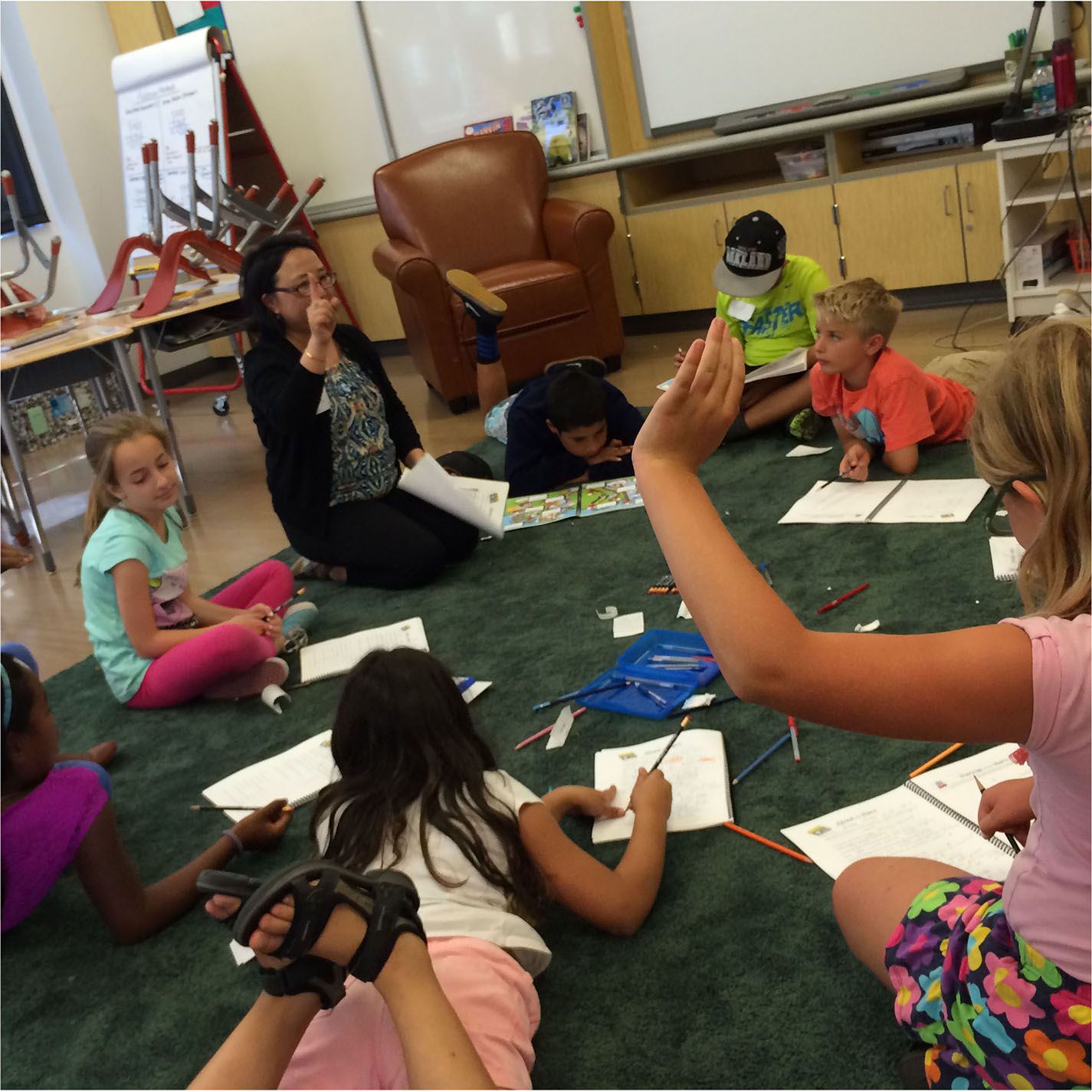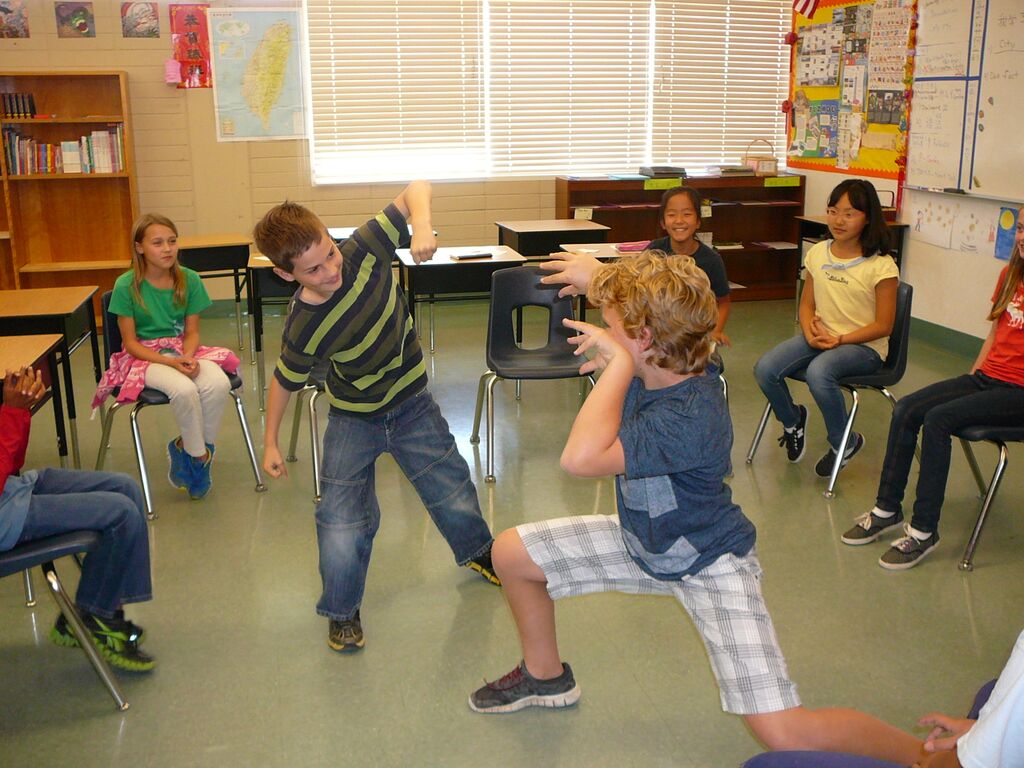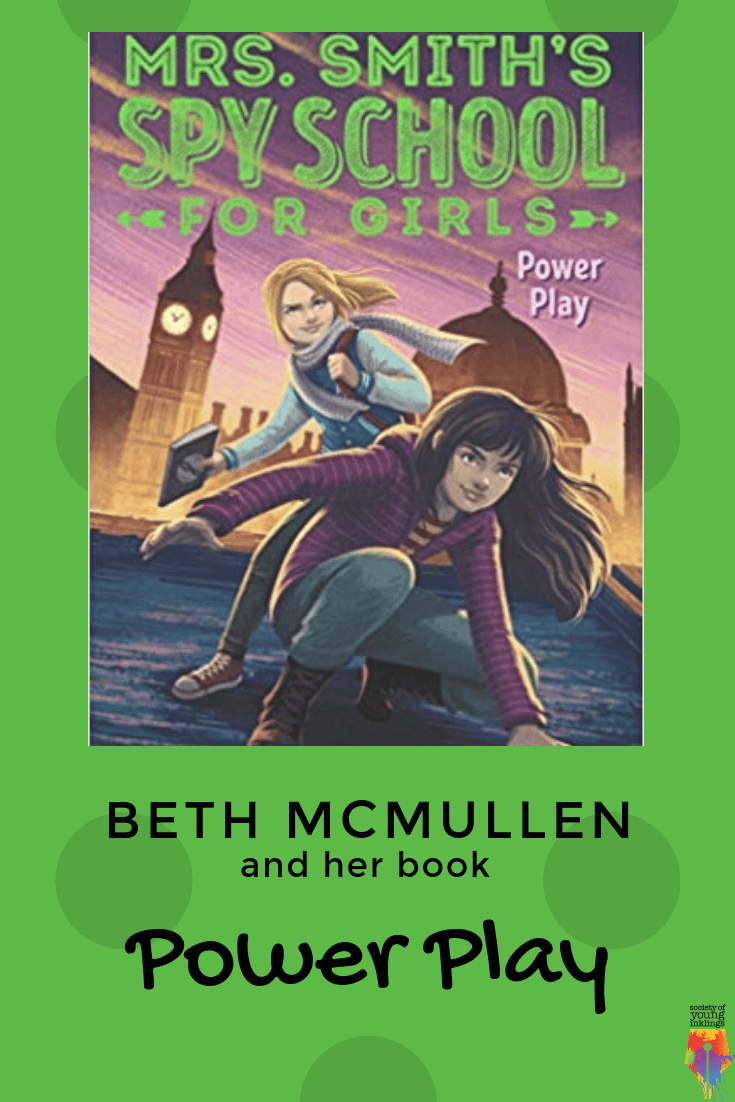Writerly Play Kit FOR EDUCATORS
Focus Creative Energy with Games
Focus Creative Energy with Games
For me, the concentration warm-up was the aha! moment. The game was a version of “Honey, if You Love Me, Will You Give Me a Smile?” While our facilitator tried to break our concentration, we tried our hardest to maintain it. Or, put another way, focus was the goal of the game.
Each round we played, we improved our focus. We built the skill before our own eyes, urged on by an inner drive to beat our last record. How long can we go without bursting into laughter? I left the room thinking, If learning to focus can be turned into a game–a hilarious, joyful game–isn’t it possible to play our way through any challenging learning experience?
I’ve spent more than twenty years testing that hypothesis, and so far, I have yet to find a learning experience that can’t be turned into a game. However, before we can learn complex skills in a game format, we must first learn how to play.

Featured article
Sometimes having fun in class is as nerve-wracking as it is exciting. How do we strike the balance between making sure our students are having a blast, and maintaining a productive work environment? The key is filling up our educator tool-boxes so we’re prepared with classroom management when things begin to spin out of control.
Featured GAME
hall of statues
To play Hall of Statues, your students start by spreading out across the room. Invite them to imagine the classroom is a museum, and they are the statues. You’re the museum guard, and are doing your evening rounds. Their job is to move a small object (a dry erase board pen, a small book, etc) from one side of the room to the other without being caught moving.
As you walk through the museum, any statue behind your back is permitted to move. However, if you turn, they must freeze. If you see a statue move, that statue must sit out the round. If the statue holding the small object moves, the object goes back to the starting point. No statue is allowed to take more than two steps with the object in hand (which encourages collaboration).
Over time, this game builds body control, concentration, and often visualization skills as players bring the darkened museum to life in their imaginations. Your narration as you walk around the room, “I wonder why this statue’s armor is off kilter?” etc, encourages students to stretch their visualization skills.
.
― Benjamin Spock
American pediatrician
strategy

When playing Hall of Statues or other movement games, one way to help players focus is to use an audience chair. If someone starts to lose control, tap them out of the game and ask them to sit in the audience chair. Prior to tapping a player out, try language such as, “remember, one of the rules of the game is to play without speaking,” or “Freeze! The goal of this game is to … Let’s see how well we can do together.” If you do need to send a player to the audience chair, after a moment or two, tap them back in. In this way, refocusing becomes part of the game.
What’s Up At SYI this Month?
CLASSROOM WRITING CHALLENGE
Changing point-of-view
Beth McMullen, author of
For your students’ writing challenge, have them take a scene from one of their favorite stories and retell that scene from the point of view of another character. You or your students can send it to us at submit@younginklings.org and they might be published on our blog!
For this month’s Ink Splat, we spoke with author Beth McMullen about her novel, series Mrs. Smith’s Spy School for Girls and the newest installment of the series, Power Play. Beth told us about the first time she heard her writing read out loud and how her own boarding school experience inspired her books. Here’s a sneak peek:
In high school, I answered a Civil War exam question with a fictionalized account of two brothers on opposing sides of the fight. I was supposed to write a proper essay but I really didn’t want to. The teacher ended up loving it and reading it to all his classes. It was the first time I heard my words read by somebody else and it blew my mind.




